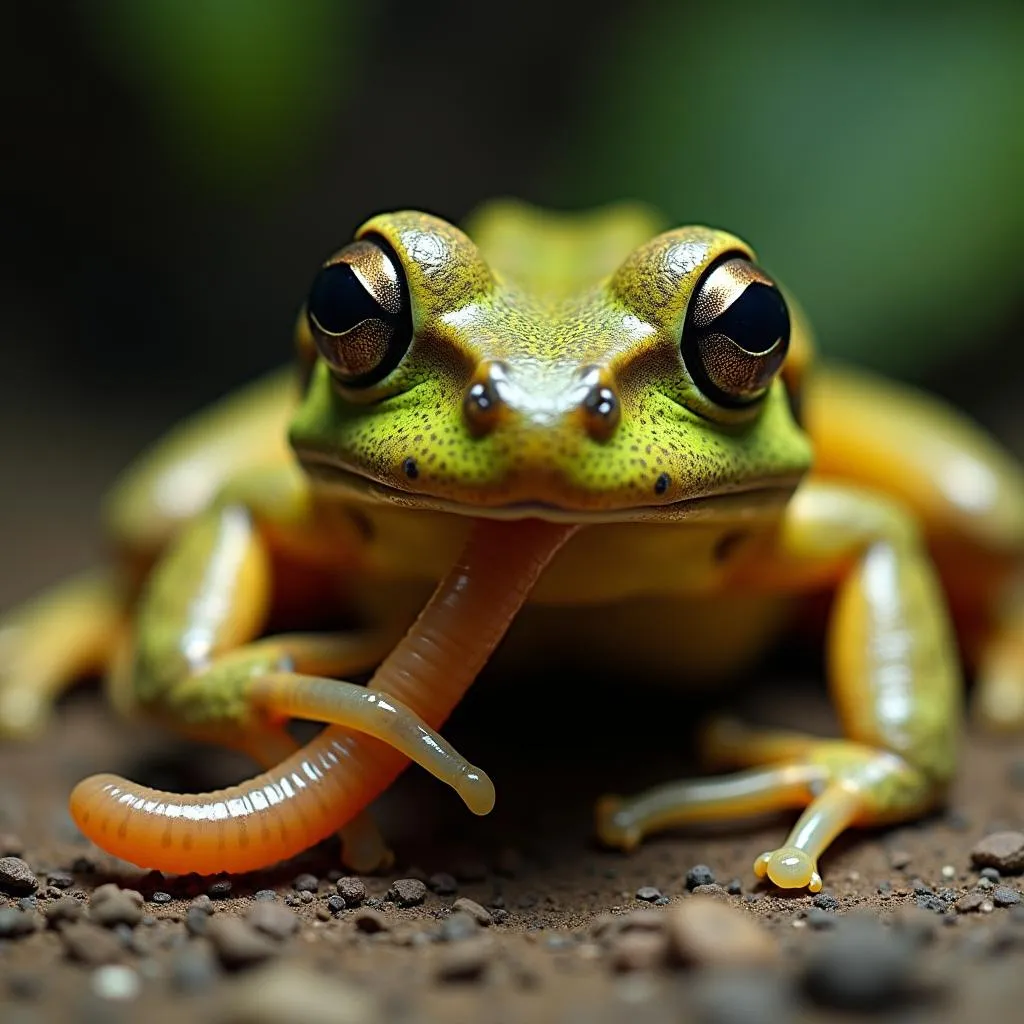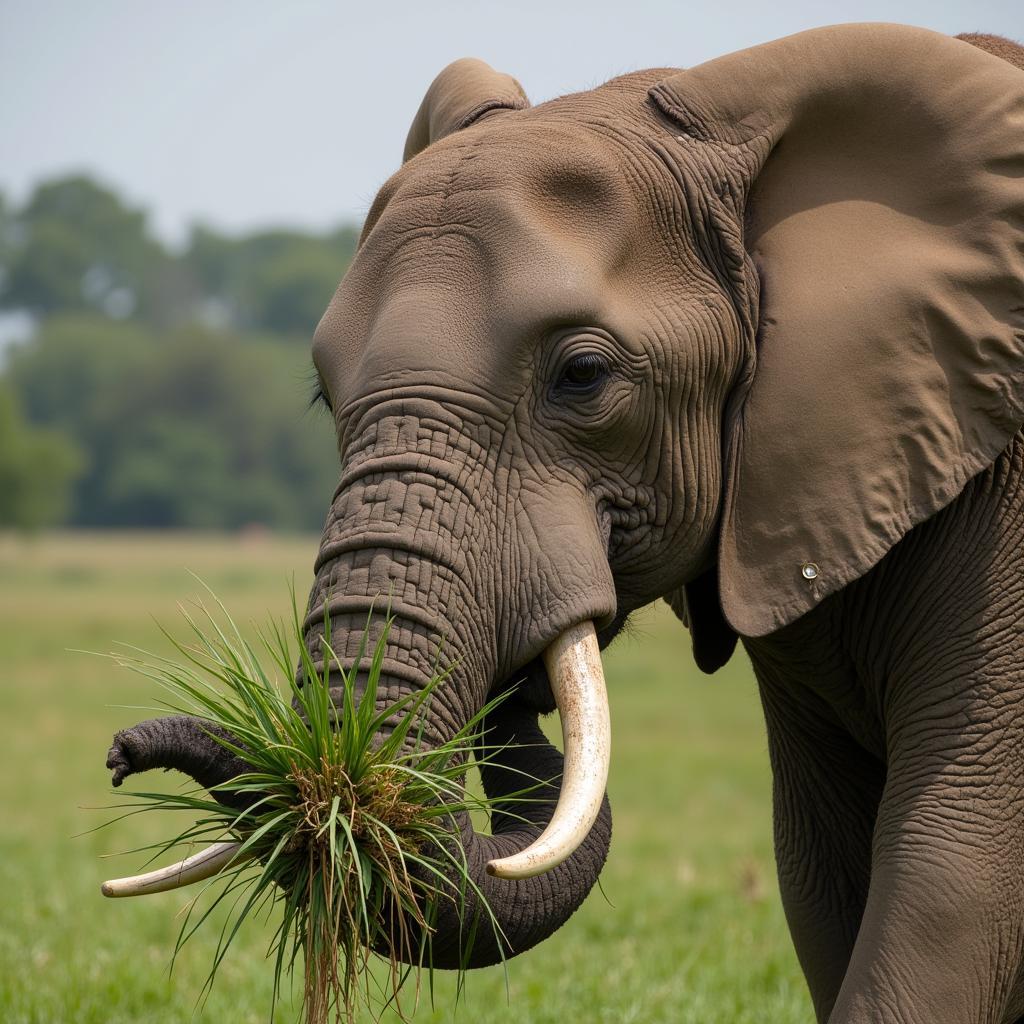African Elephant Baby and Mom: A Bond of Love and Protection
The African elephant is an iconic symbol of strength, intelligence, and family. One of the most fascinating aspects of their lives is the deep bond between mothers and their calves. This bond is not just a matter of physical affection; it is an essential element of survival in the wild, as mothers play a crucial role in teaching their offspring the skills they need to thrive.
The Unbreakable Bond: A Mother’s Love and Protection
From the moment a baby elephant is born, the mother is fiercely devoted to its care. This commitment begins with the act of birth itself. Elephants are known for their complex social structures, and females often gather around a mother in labor, providing support and reassurance.
Once the calf arrives, the mother immediately starts cleaning and nursing it. She also keeps a watchful eye over her vulnerable offspring, shielding it from danger and teaching it important survival skills.
“The relationship between a mother elephant and her calf is truly extraordinary. It’s a bond built on love, protection, and a lifetime of shared experiences,” says Dr. Sarah Jones, an elephant expert at the African Wildlife Foundation.
The Importance of Motherhood: Lessons for Life
As the calf grows, the mother’s role becomes even more critical. She is a constant teacher, guiding her offspring through the complexities of elephant society and the dangers of the African landscape. These lessons include:
- Finding Food: The mother guides her calf to nutritious food sources, teaching it to recognize edible plants and how to use its trunk effectively for foraging.
- Avoiding Predators: The mother teaches her calf how to identify potential threats and escape danger. She uses her powerful size and tusks to protect her calf from predators like lions and hyenas.
- Social Etiquette: The mother teaches her calf the intricate rules of elephant social interactions, including greetings, communication, and hierarchy within the herd.
A Lifetime of Protection: The Importance of the Herd
The mother’s role is not limited to just the calf’s early development. Elephants are known for their strong family bonds, and the entire herd plays a vital role in raising and protecting the young. Older females, known as “matriarchs,” provide guidance and support for the mothers and their calves. This communal approach to raising the young ensures the survival of the next generation.
“The elephant herd is a powerful example of the benefits of social cooperation. By working together, they can overcome challenges that no individual elephant could face alone,” explains Dr. John Smith, a renowned wildlife biologist.
Protecting the Future: The Importance of Conservation
Unfortunately, African elephants face a number of threats, including poaching, habitat loss, and human-wildlife conflict. These threats have led to a decline in elephant populations, which is a cause for great concern.
Protecting elephants and their habitats is critical for ensuring the survival of this magnificent species. Supporting conservation organizations working to protect elephants and their habitats is a vital step in ensuring the future of these gentle giants.
FAQ
Q: How long does a baby elephant stay with its mother?
A: Baby elephants typically stay with their mothers for several years, learning essential skills before venturing out on their own.
Q: What is the lifespan of an African elephant?
A: African elephants can live for 60-70 years in the wild.
Q: How can I help protect elephants?
A: You can support conservation organizations working to protect elephants, raise awareness about the threats they face, and choose eco-friendly products that do not contribute to habitat destruction.
Q: Are there any differences between African bush elephants and African forest elephants?
A: African bush elephants and African forest elephants are distinct subspecies. Forest elephants are smaller and have straighter tusks than bush elephants.
Q: What is the significance of elephants in African culture?
A: Elephants are revered in many African cultures as symbols of wisdom, strength, and good luck. They often feature prominently in folklore, rituals, and art.
Q: What is the status of African elephant populations?
A: African elephant populations are declining due to poaching, habitat loss, and human-wildlife conflict. The International Union for Conservation of Nature (IUCN) classifies both African bush elephants and African forest elephants as endangered.
Q: Where can I learn more about African elephants?
A: You can find additional information about African elephants on the websites of conservation organizations like the World Wildlife Fund (WWF), the African Wildlife Foundation (AWF), and the International Fund for Animal Welfare (IFAW).
This informative blog post has covered the vital role of the African elephant mother in protecting and raising her calf, highlighting the significance of their unique bond. By learning more about these magnificent creatures and supporting conservation efforts, we can play a part in ensuring their future.

